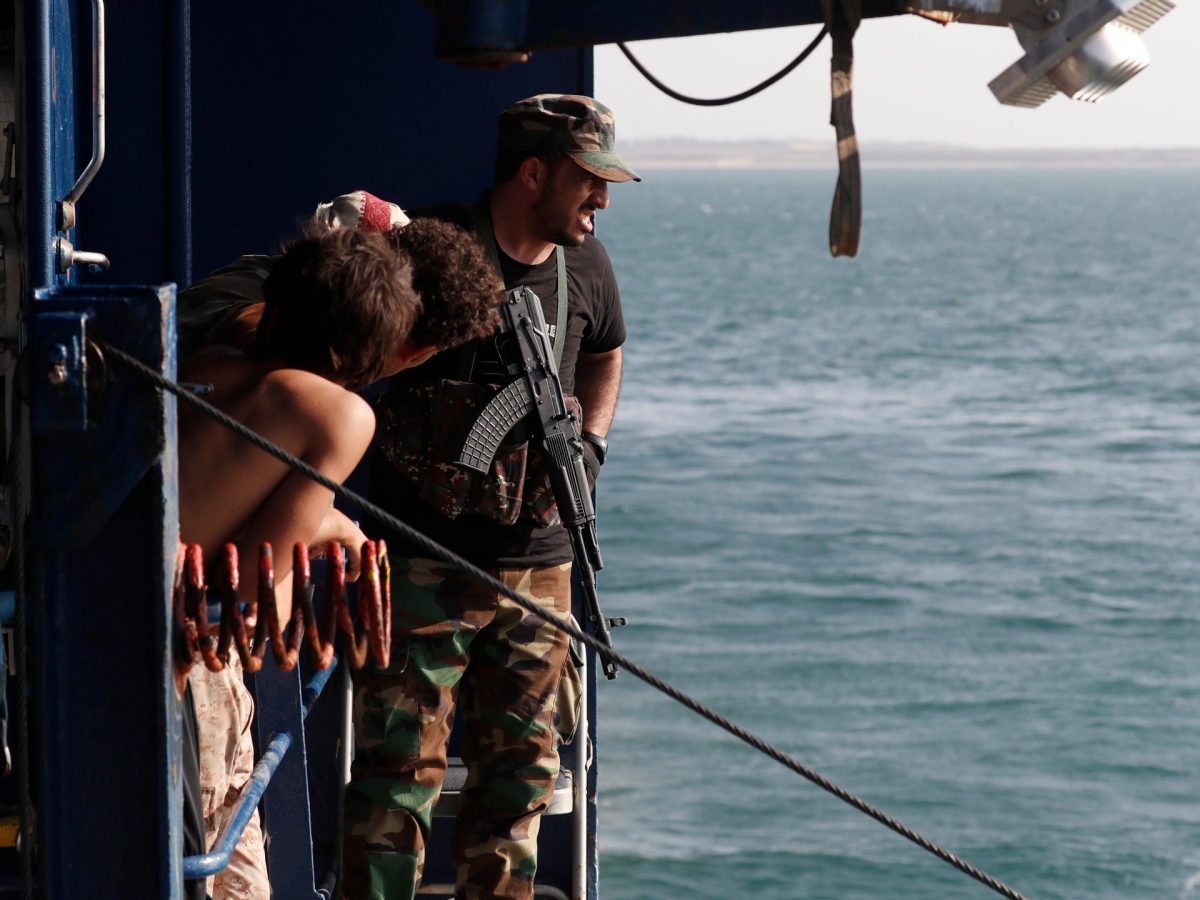In keeping with past negotiations, the US and Iran didn’t engage directly but relied on Omani officials to carry messages. The meeting underlines how both Tehran and Washington are tapping backchannels to prevent their shadow war sparked by Israel’s war on Gaza from spilling over into a more intense regional conflict.
The White House’s top Middle East advisor Brett McGurk and Iran envoy Abram Paley led the talks on the US side, while Iranian Deputy Foreign Minister Ali Bagheri Kani represented Tehran, according to the FT.
McGurk has conducted several trips to the region since 7 October when the war between Israel and Palestine broke out after the Hamas-led attack on southern Israel. In January, Axios reported that he was set to visit Qatar and Egypt as part of efforts to reach a hostage deal between Hamas and Israel.
The Houthis began attacking commercial vessels in the Red Sea in November, in a move they said was done in solidarity with the Palestinians in the besieged enclave.
The US and UK have responded with direct strikes on the Houthis, but have so far been unable to deter the group backed by Tehran. On Monday, the group claimed responsibility for an attack on a Liberian-flagged merchant ship.
The US accuses Iran and Lebanese Hezbollah of arming, training and providing intelligence to the Houthis, but western officials say the Houthis also operate with some degree of autonomy.
Iranian officials have repeatedly stressed that the resistance groups in West Asia are not directed by Tehran and do not take orders from Tehran.
The Joe Biden administration sees indirect communication channels as “a method for raising the full range of threats emanating from Iran”, the FT said. The White House negotiators conveyed to the Iranians “what they need to do in order to prevent a wider conflict, as they claim they want”.
A second round of talks, reportedly scheduled for last month, was delayed because McGurk was focused on trying to help broker a ceasefire in the Israel-Hamas war. The conflict in Gaza also derailed efforts by the US to negotiate de-escalation measures with Iran, including limitations on the Islamic Republic’s uranium enrichment, the FT added.
